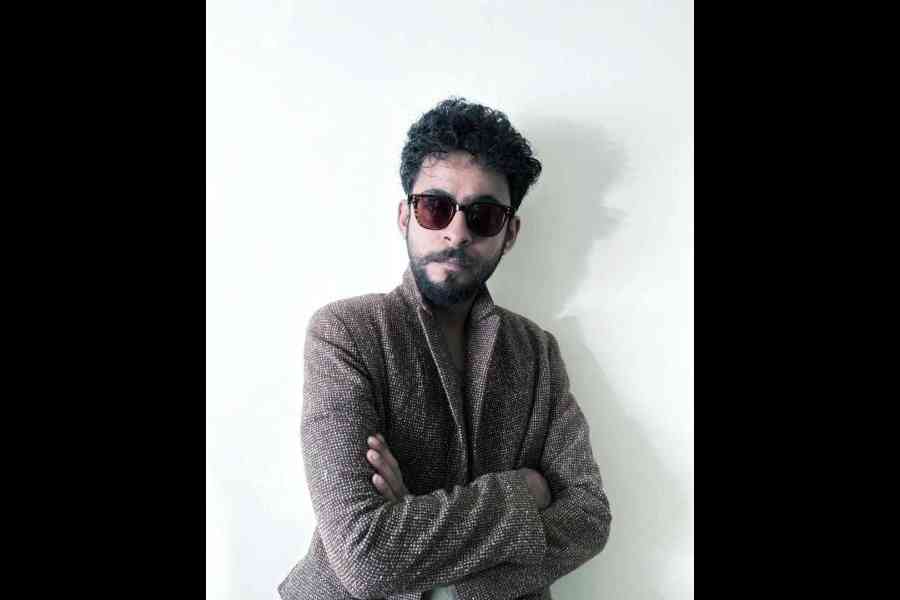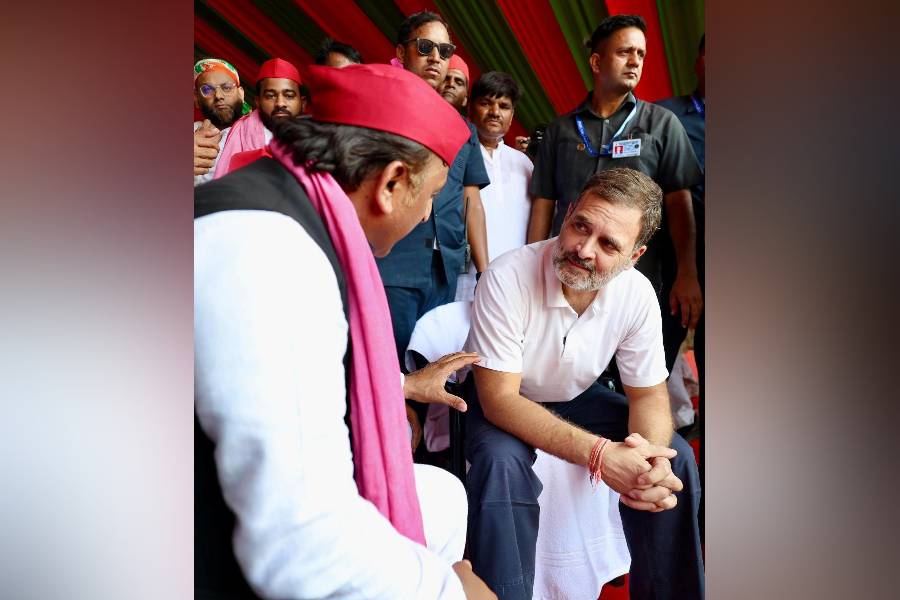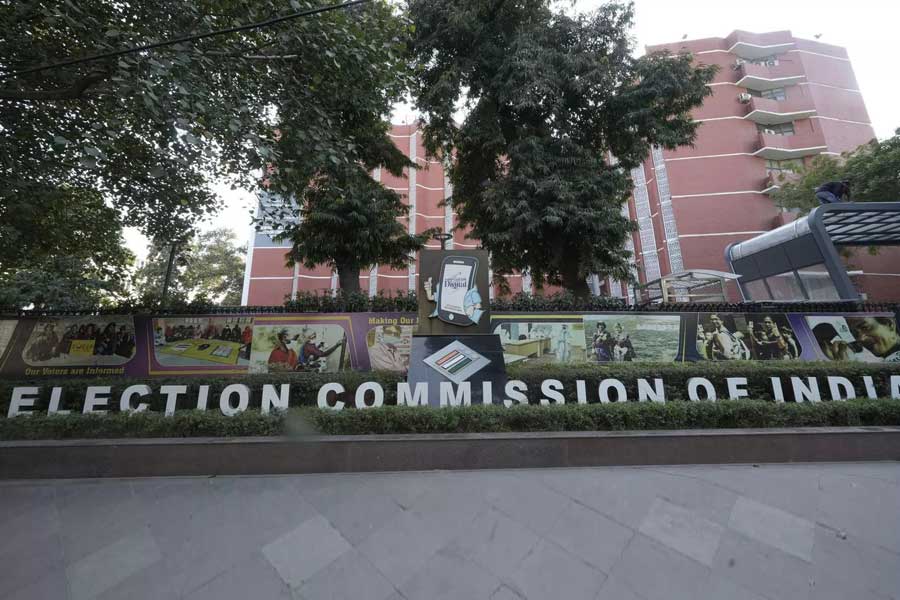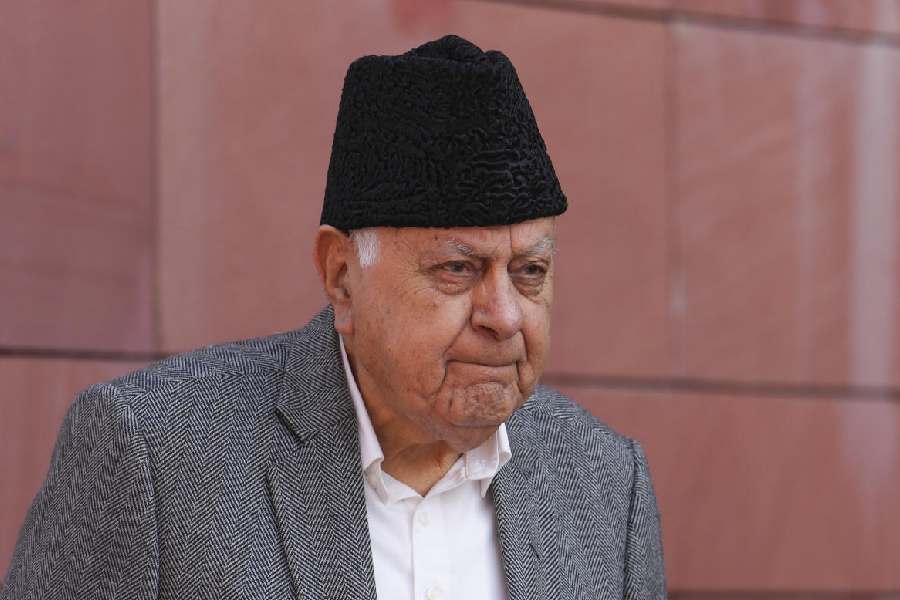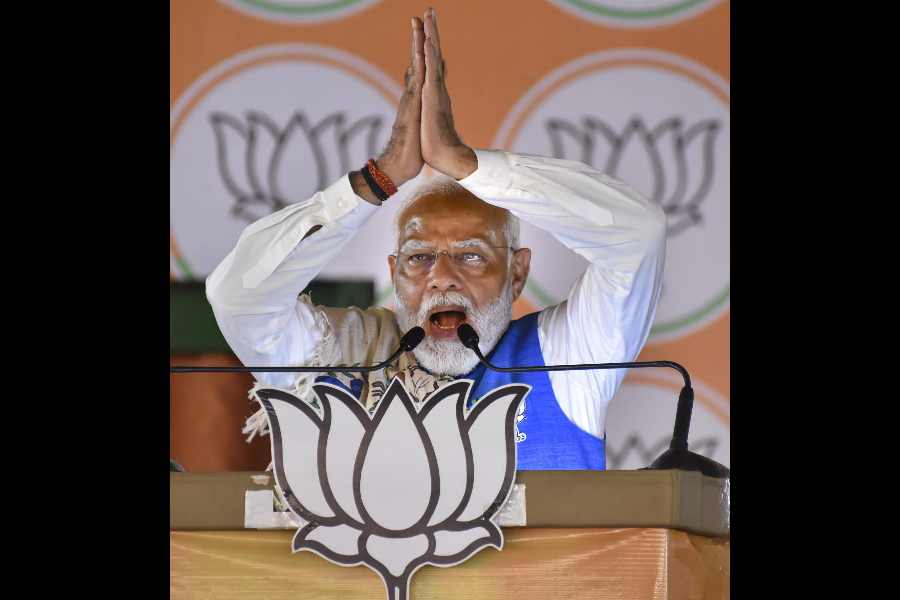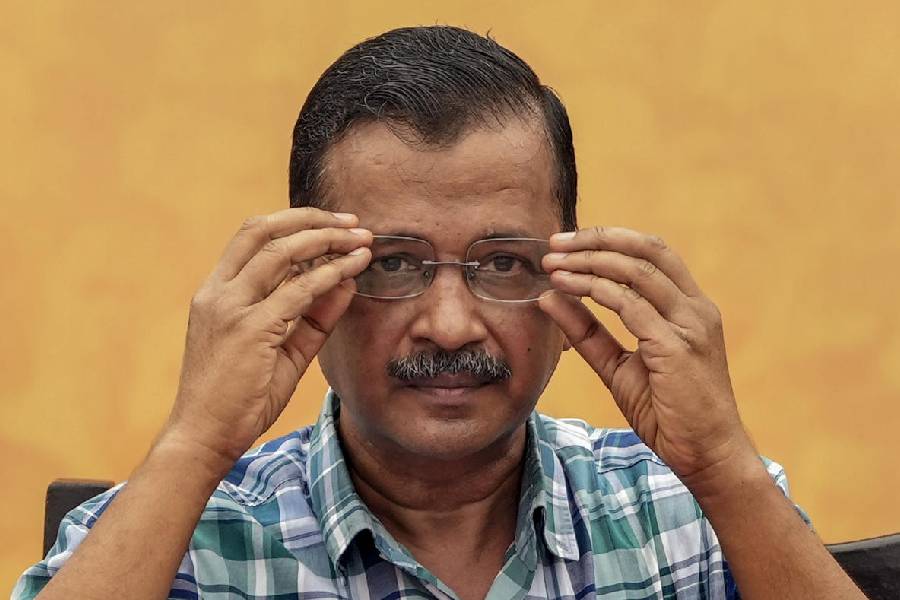Anjan Dutt’s upcoming film Chaalchitra Ekhon is his centenary tribute to his mentor Mrinal Sen and a collage of his personal experiences with the auteur. t2 sat down with Sawon Chakraborty, who portrays the character based on a young Dutt and spoke to him about his journey during its making, before the film releases in theatres and on Hoichoi on May 10. Excerpts.
What was it like doing a Mrinal Sen tribute as your debut film?
To all film lovers, and especially for Bengalis, Mrinal Sen is a deeply admired and respected figure. To have my name associated with a film in tribute to him, and that too in my debut film is more than what I could have hoped for.
How did it feel to step into the shoes of a young Anjan Dutt?
It was very exciting, though a little bit risky also, initially. To be required to portray such a famous and acclaimed actor was a huge ask, especially for a newcomer like me. But thankfully I was more excited than I was nervous, and I am glad it all turned out okay in the end.
How did you bag this role? Tell us how it all happened …
Anjanda had been searching for an actor to play this role for more than six months. Then, after my name was referred to him by a few people, he summoned me one day. After he saw me and spoke to me, he told me that I had been selected for the role and that I should start preparing for it. There was no audition as such because Anjanda does not believe in the process. Instead, he conversed with me at length, and observed my speech and natural style of walking and talking before taking his decision. A look test happened much later when I had already been selected. We did quite a few workshops to help me prepare for the role. We got a year’s time to prepare before we finally shot for the film. The look test was probably the last thing that was done before shooting started, and it was done very informally.
What was the initial brief you got from the director?
When he had initially approached me, the script was not fully ready. He would read out the unfinished script, make changes and then re-read it again. He would discuss the character with me very casually. Even our workshops were not typically very serious. But he would lay emphasis on the need to address the time period, as it was depicting a particular time in recent history. Another thing was that since I had to portray Anjan Dutt in his 20s, I could not copy his personality or style of the present. What he asked me to focus on was the attitude of the young Dutt — his thoughts, his theatre preference, his confusion and crisis in life and so on. However, in the year that I got before we stepped on the shooting floor, he also asked me to lose some weight and grow my hair longer to make me look more like my character.
How did you prepare for the role? Any habits or mannerisms that you had to imitate?
As I told you, I was asked to concentrate on the inner world of the young Dutt. So I tried to get into the mind of a typical youth of the ’70s or early ’80s who is educated, politically aware, involved in theatre, but is not confident of his place in the world. This we did through extensive discussion and debates at that time. I read Sartre, Camus, Beckett and others whose works had deeply influenced the young Anjan Dutt, so that I could also get an idea of his theatre struggle.
I practised copying certain external attributes, but only as reference. A physical characteristic I emulated was his habit of shrugging. I also tried to enact the way he spoke, with hesitation or mumbling, to reflect the confusion or vulnerability within the man.
Your impression of Anjan Dutt as a director…
The best thing about him is that he always gave me the opportunity to understand and represent the character my way. He also does not believe in telling you what to do at every step and turn. He trusts the actor to use his own judgement and on the contrary, is annoyed if he sees you are not taking the initiative to do things on your own. Since we started shooting after detailed workshops, this style of working was very comfortable for me as well.
Can you share with us any scene that you most enjoyed portraying or which left an impact?
A favourite scene is where Kunal Sen and Ranjan have an argument. They are poles apart in many ways, in terms of age, attitude, their feelings about Calcutta — whereas Ranjan dislikes the city, for the older man the city is his El Dorado. How the young Ranjan changes through the course of the argument was very fascinating to me. He slowly begins to be fond of the city and realises that he is able to argue with him because he is also fond of him.
Does the film capture the pulse of ’80s Calcutta? How did you rediscover Calcutta through this film?
The entire film was shot in Calcutta — in Mrinal Sen’s actual house, Anjanda’s house, on the streets and lanes of Calcutta, at Alliance Française and many other places. But since our film is Chaalchitra Ekhon, (ekhon meaning now) it has consciously avoided being a period film or trying to revisit a lost time. This is a film that captures the chemistry between a director and actor that can be possible even today. But what I found while shooting for the film are certain aspects of Calcutta that are timeless and unchanging, which appealed to me the most. I also discovered some quaint bylanes, markets in unknown alleys, dilapidated mansions and others, which I would never have known of otherwise.
So what’s next on the horizon for you?
At the moment I am waiting eagerly for the film’s release, as it has been two years since we finished the film. Apart from that, two OTT series in which I have worked are also awaiting release in the next couple of months.

